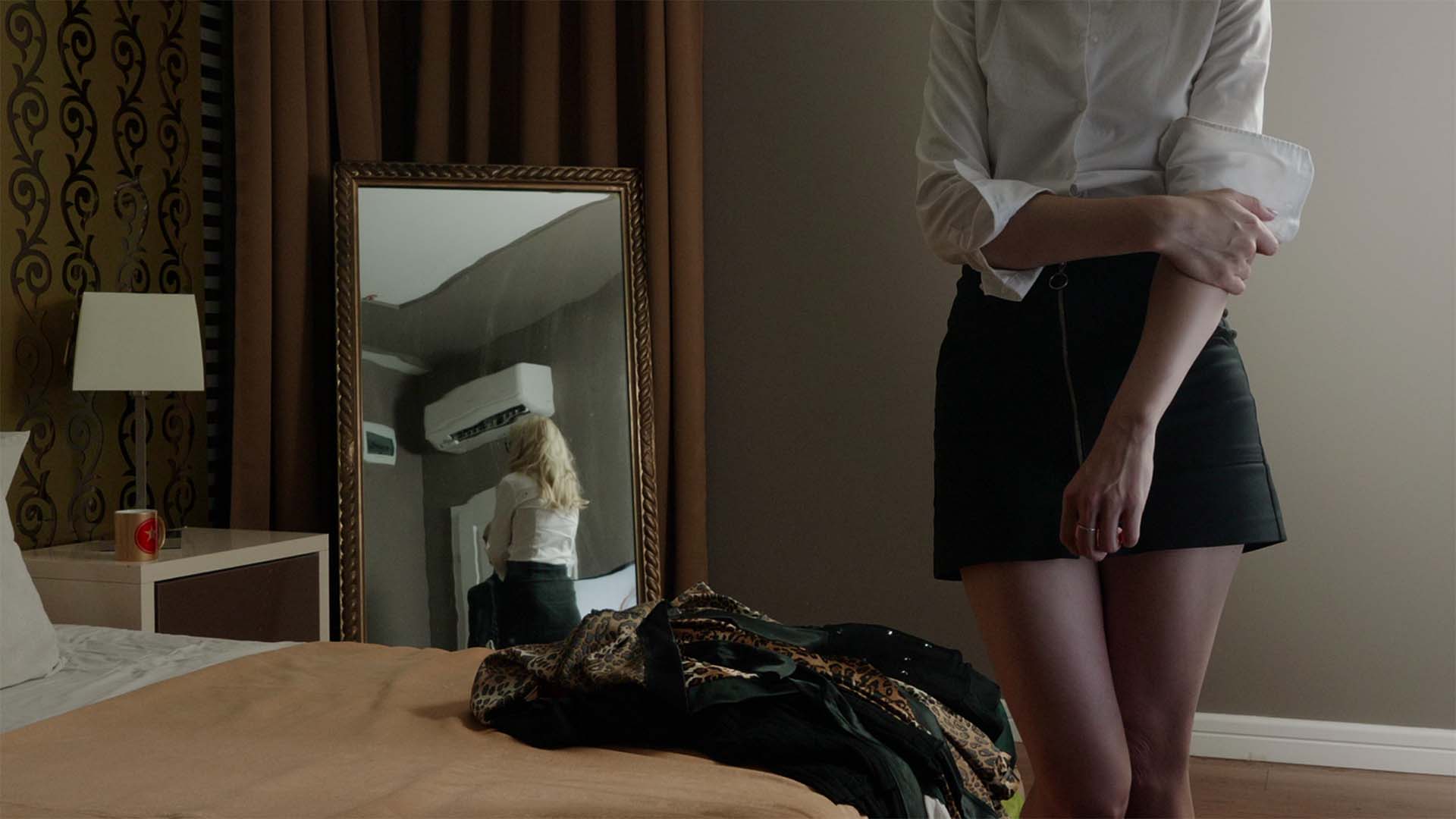
Ștefan Marcu: “NO PLANNED DISTRIBUTION, NO SUCCESS IN PROMOTION”
An exploration of the biggest camming studio in Romania, inquiring about its business model, on the thoughts of the people involved, and exposing the scale of its operation.
What are the most challenging aspects of being a filmmaker?
Committing fully to a project for which you have no guarantee that it will succeed. It takes a lot of time and patience to make a film and there are a lot of failures involved, and a lot of things that can go wrong. Sometimes you have to spend a lot of energy and money just to learn from the experience.
What is your source of inspiration for this short film?
My documentary, The Best, is inspired mainly by my curiosity. I chose this subject because of all the publicity that it gets in Romania, all without being very clear about what camming involves. Personal experience and proximity to this type of internet entertainment also played a part.
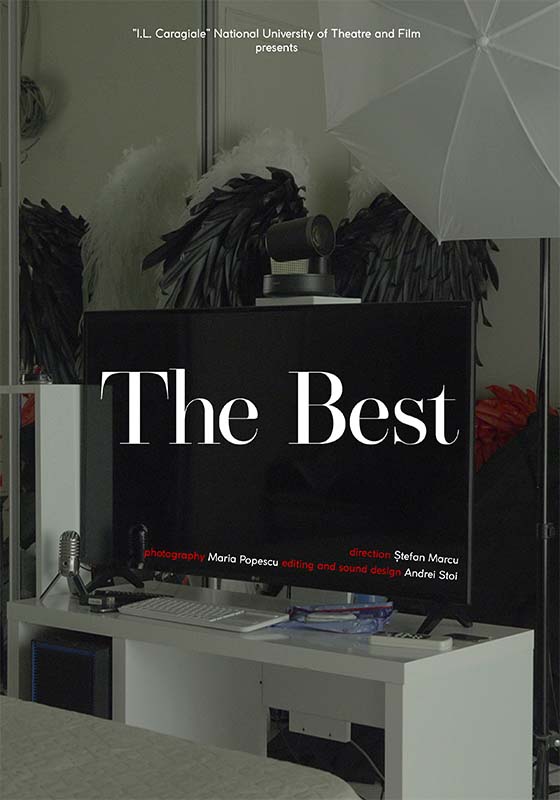
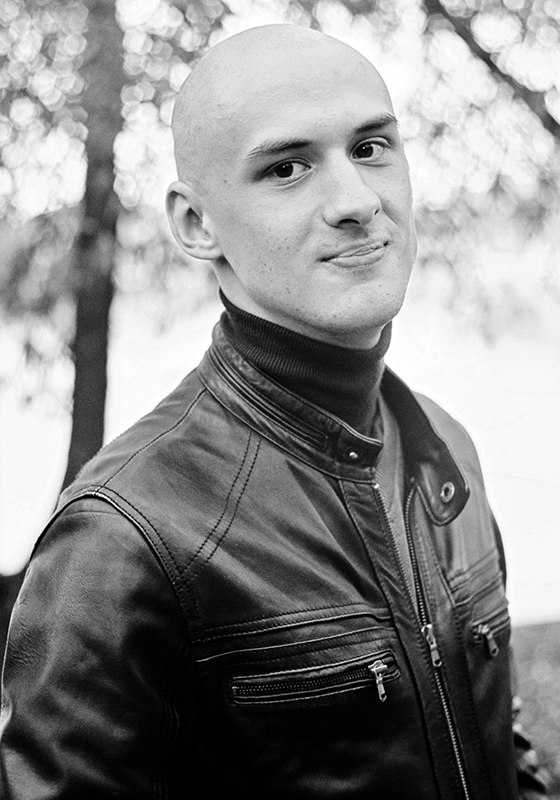
What is the theme of this film?
I think “The Best,” says a lot about appearances, about illusions in an extremely competitive, unregulated business. The film questions the things spoken in the interviews by comparing them to the reality captured by the camera, without trying to persuade.
How do you decide on possible ways to promote your film when you are on a tight budget?
In this case, the budget was very tight, there weren’t a lot of options available for promotion and distribution. Social media always works for fast advertising, but without a planned distribution (festivals, streaming, etc.) you don’t have a film to promote, people should be able to see it.
How important do you think distribution is in today's marketplace?
I think it is extremely important, especially considering how important all media is in today’s world. There is a lot of freedom, but there is also massive competition. I think that specialized streaming platforms and festivals are a great way to promote lesser-known filmmakers.
For those considering self-distribution, what is your advice?
Take every chance you can get, and try to maximize the number of people who can get to see your film.
How significant do you think short films are for someone venturing into directing films?
I think short films have become a must for new directors in today’s market. They are relatively easier and cheaper to make, but they also shouldn’t be mixed up with features. Shorts pose a unique set of problems regarding the time you have available to tell your story.
What was the worst challenge of your career so far? How did you take it over?
Leaning too much into other people’s opinions, changing my film just to please others. It took some time for me to start trusting my own judgment and my own gut feeling. I think I am still struggling with this aspect, but I am getting better at it.
What are the factors to making a good film?
Not being afraid to expose yourself, it’s really hard, but it makes for very entertaining, authentic, cinema. Having a great team is key, the chemistry you have with your colleagues can be felt through the screen. It will also make the experience much more fun. Also, having a budget can do wonders.
Is there anything you would change if you could go back to the beginning?
I would always like more time. I would allow myself to think things through for a longer period, plan out even better and be bolder with my choices. For “The Best” I would have liked to spend more time at the studio, to get to know the subject even more. Maybe I would have relied less on interview.

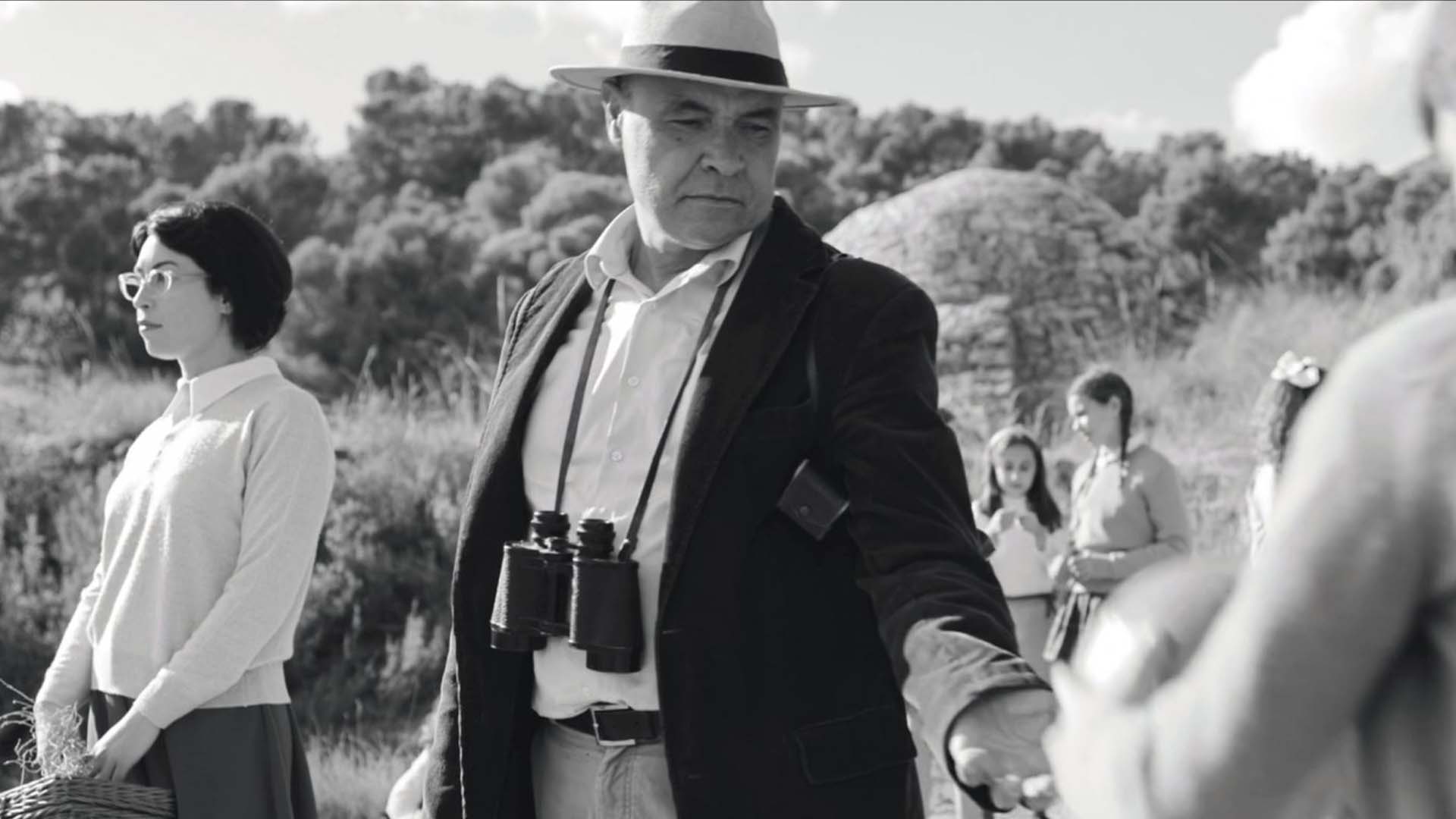
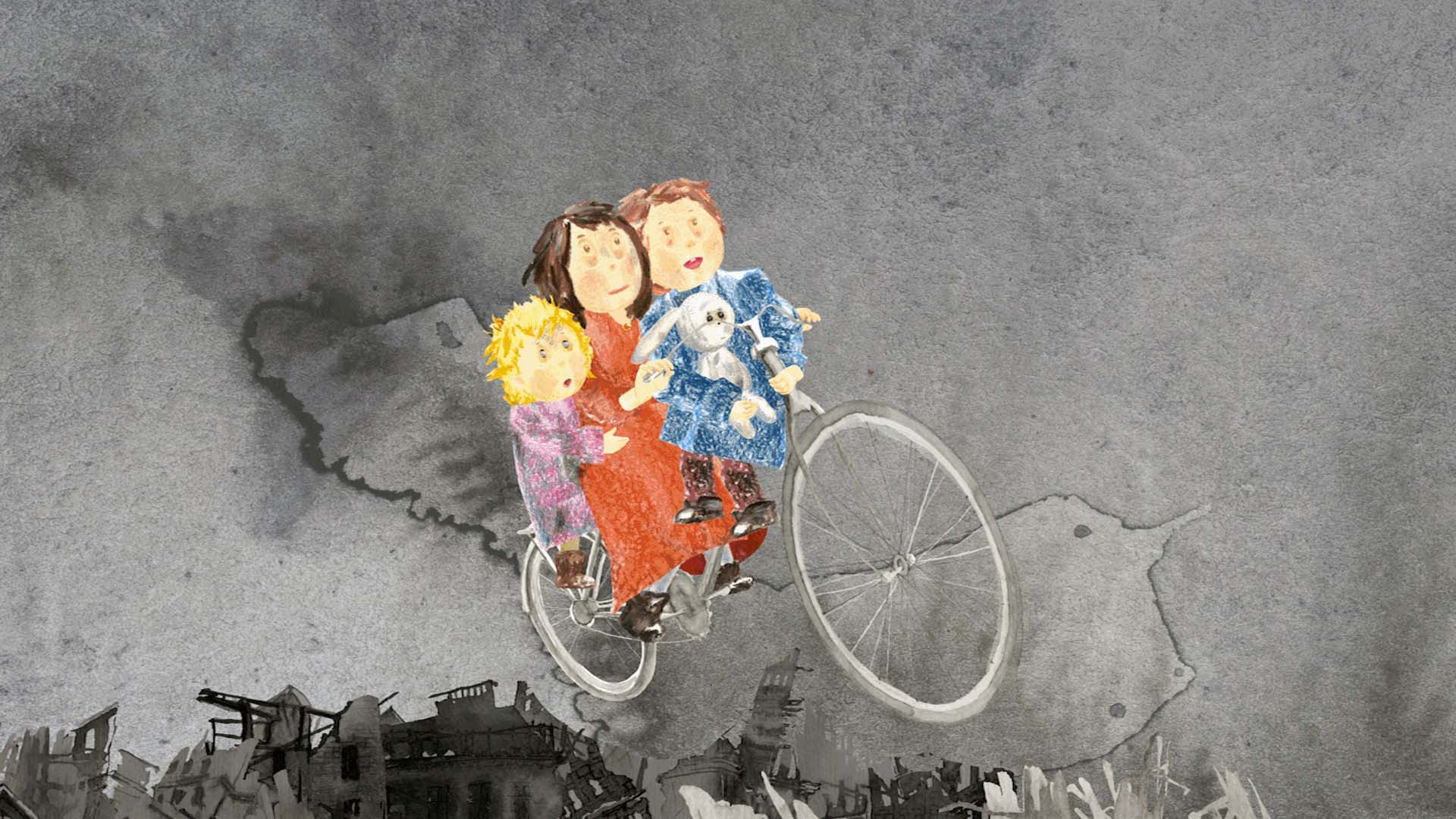

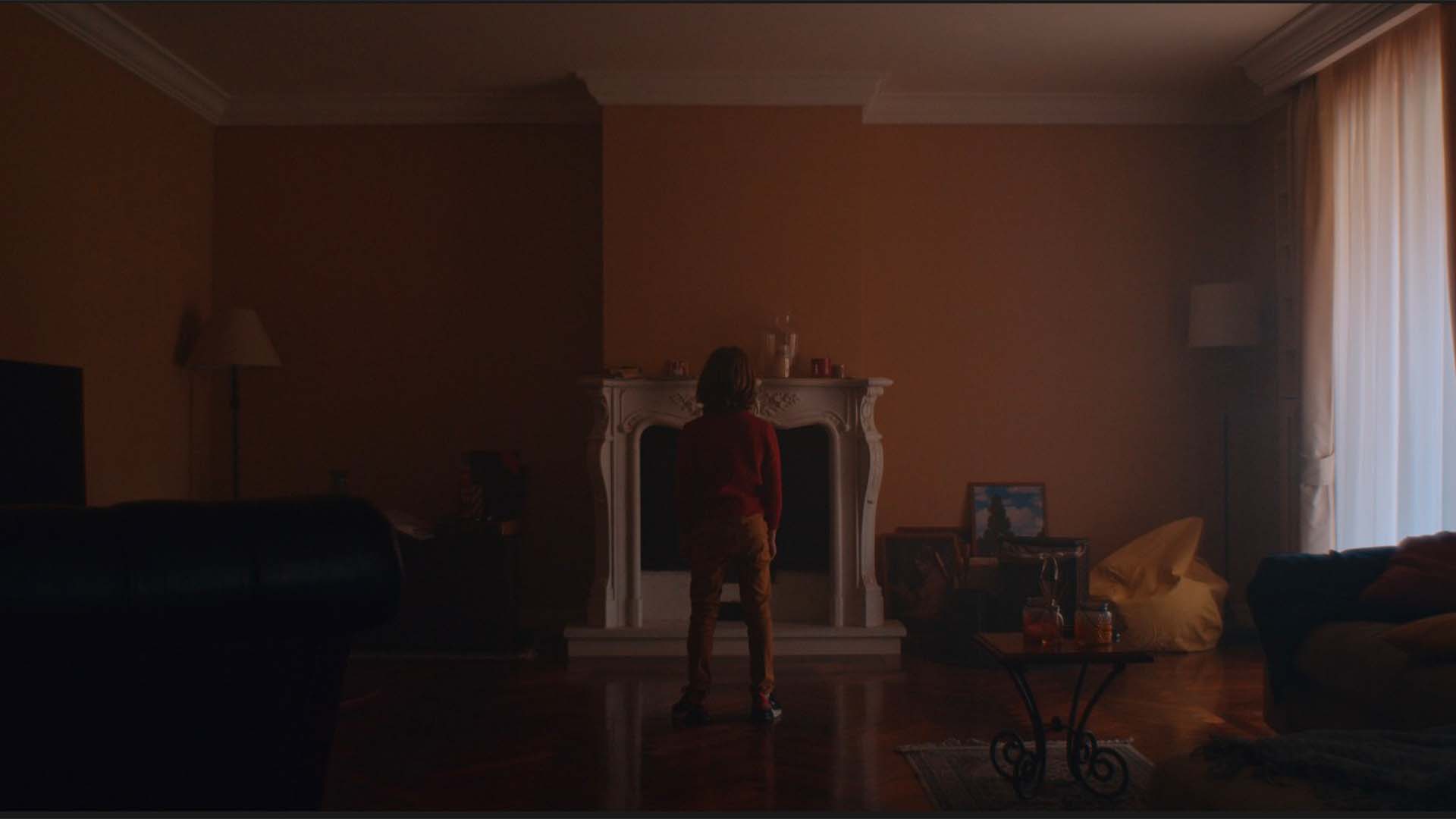
Leave a comment